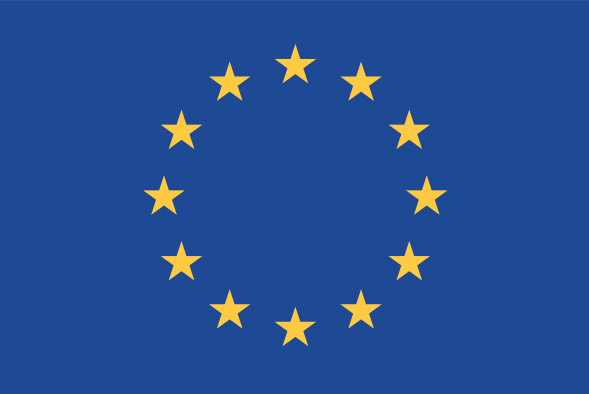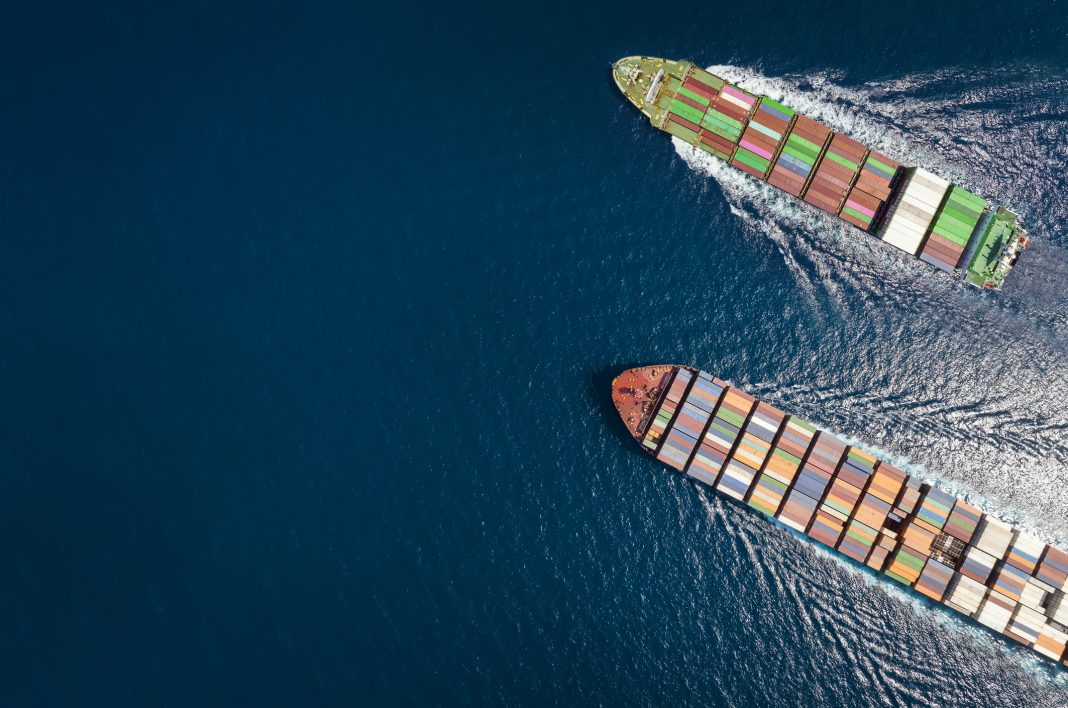Anastasiya Azarko, Junior Innovation Consultant and Marco Molica Colella, Managing Consultant at CiaoTech – PNO Group, tell us about the autonomous ships market and some of the initiatives that are broadening capabilities within the maritime industry
In 2020, analysts valued the autonomous ship market close to 90 billion with a steady growth (ca. 7% annually) for the next decade. Almost 18% of this market was accounted for in Europe, with the chance to double by 2030. This upward trajectory is primarily attributed to the ongoing emergence of autonomous ships, which include a whole set of definitions, like smart ships.
These ships are equipped with advanced software and hardware systems that allow operating, or being operated, without human direct intervention on board, adopting different levels of autonomy in different phases of the journey.
Autonomy is not necessarily a means to cut crew numbers but is supposed to help reduce collisions at sea, work long hours without distractions, increase fuel efficiency, and perform mission- critical tasks. Indeed, the adoption of integrated AI-based software and hardware solutions is the technical enabler which defines situational awareness as well as collision avoidance capabilities. These elements will primarily lead to safety and operational independence in the next generation of autonomous ships.
Autonomous ships and sustainability
In addition, new business cases have kept developing, driven mainly by shifting loads from trucks to water and looking for increased sustainability.
For instance, in October 2019, South Korea invested USD 130 million, to boost the domestic eco-friendly and smart shipping industry and achieve a 50% global market share by 2030. In Europe, Yara International has developed the first fully electric cargo ship, which was showcased in Norway in 2021. In September 2020, IBM and ProMare – launched Mayflower Autonomous Ships (MAS). MAS uses solar energy and IBM technologies such as automation, artificial intelligence, cloud, and edge technologies.
Sea Machines Robotics develop software and hardware solutions, for example offering an advanced Situational Awareness Technology (SAT) solution that can retrofit existing workboats and vessels to make them autonomous or remotely operated.
The value of the shipping trade
According to the International Chamber of Shipping, the total value of the annual global shipping industry trade reached $14 trillion in 2019. Thus, this is expected to drive the market growth in the cargo segment, encompassing vessels like Bulk Carriers, Tankers, Dry Cargo ships, Containers, and others. Autonomy in this market is expected to experience the most substantial growth in the forecasted period.
Several liner shipping companies, including industry giants like Maersk, CMA CGM, and Hapag-Lloyd, K Line with NAVTOR, Evergreen Line along with cruise operators, have already been trying to test or establish Remote Operating Centers (ROCs) to oversee their fleets. One such example is the Remote Control Centre for Autonomous Ship Support (AuReCo) project, which runs from 2020 to 2023 and is backed by the IKTPLUSS program of NFR.
The defence segment is also projected to show significant growth due to rising demand from naval forces for border patrol, transportation of military forces, mine countermeasures and others. For Instance, in January 2023, Austal Limited presented a solid financial future with an early-stage contract that could exceed USD 108m.
The UK’s Royal Navy started developing uncrewed ships for military purposes in 2016, with Unmanned Warrior –‘a showcase of autonomous robotic systems that perform a dazzling array of air, surface and sub-surface tasking, from underwater surveying to mine countermeasures’.
R&D investments
R&D investments are a key factor driving the market for autonomous ships forward. These investments support the continuous evolution and enhancement of autonomous ship technologies, fostering technological advancements in sensors, artificial intelligence, cybersecurity and communication systems. Besides, they are pivotal in the needed dialogue with regulatory bodies. They are crucial in enhancing environmental impact mitigation, regulatory compliance, and safety.
Funded by the European Commission under the Horizon (2020 and Europe) programs, R&D initiatives like AUTOSHIP, SEAMLESS, RENEW, AEGIS, and MOSES, represent European endeavors, showcasing how investments are driving innovation and sustainability in the autonomous ship market.
Noteworthy non-European projects are making significant contributions to this field, such as Korea’s KASS (Korea Autonomous Surface Ship Project), Singapore’s Maju 510, and China’s Wanshan Unmanned Vessel Marine Test Site, that collectively represent a global effort to advance autonomous shipping technology.
In addition to the impressive market drivers, significant market barriers remain. On top of the core enabling technology, the needed communication infrastructure demands high investments. On the other hand, the integration and networking of modern ships with ports, terminals, as well as with the shipbuilding value-chains, pose challenges to safety and information security, making the system more susceptible to cyberattacks and piracy, which can have a detrimental impact on the overall market growth.
For instance, at the moment, regulations in Japan do not allow fully autonomous vessels to operate without people on board. This regulation by the Government of Japan is an important decision as potential cyber threats, and attacks have yet to be thoroughly evaluated and addressed, as limited information is known about the overall architecture of autonomous ships. In 2022, the UK’s Department for Transport published the Future of transport regulatory consultation: Maritime autonomy and remote operations.
The main scope of the consultation was to verify whether the existing UK laws in the maritime sector sufficiently dealt with the security of operations involving uncrewed and automated ships. Although there is no definitive answer regarding how, if at all, regulations like the COLREGs will be modified for autonomous ship applications, it is a crucial topic of discussion in the maritime sector.
CIAOTECH S.r.l. is the Italian branch of the PNO Group: Europe’s largest independent public funding and innovation consultancy with more than 30 years of hands-on expertise. Within numerous R&D projects, such as AUTOSHIP, our dedicated R&D advisory team leads in developing stakeholder and market analyses, cost-benefit analysis, crafting business and exploitation plans, and facilitating communication and outreach. PNO offers comprehensive support services for our valued clients, assisting private and public organizations in fostering connections and stimulating, realizing, and financing innovation in an ever faster and more complex innovation landscape – changing the world for the better.


This work is licensed under Creative Commons Attribution-NonCommercial-NoDerivatives 4.0 International.


